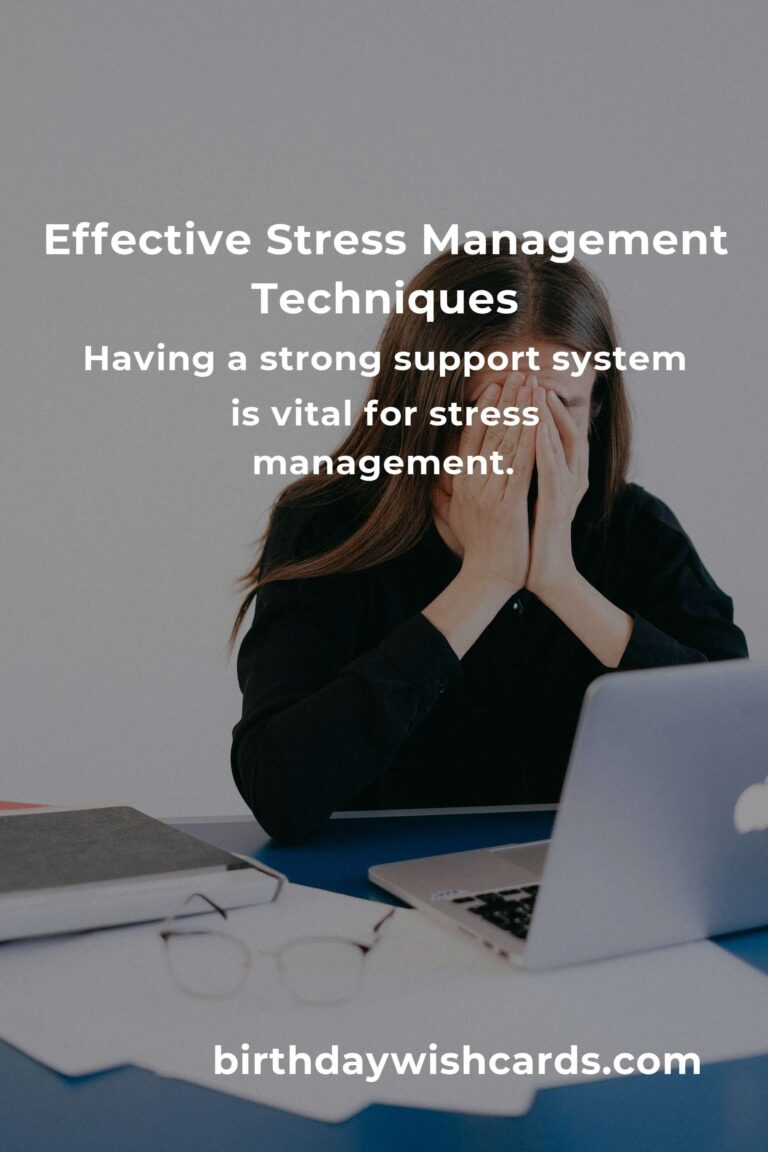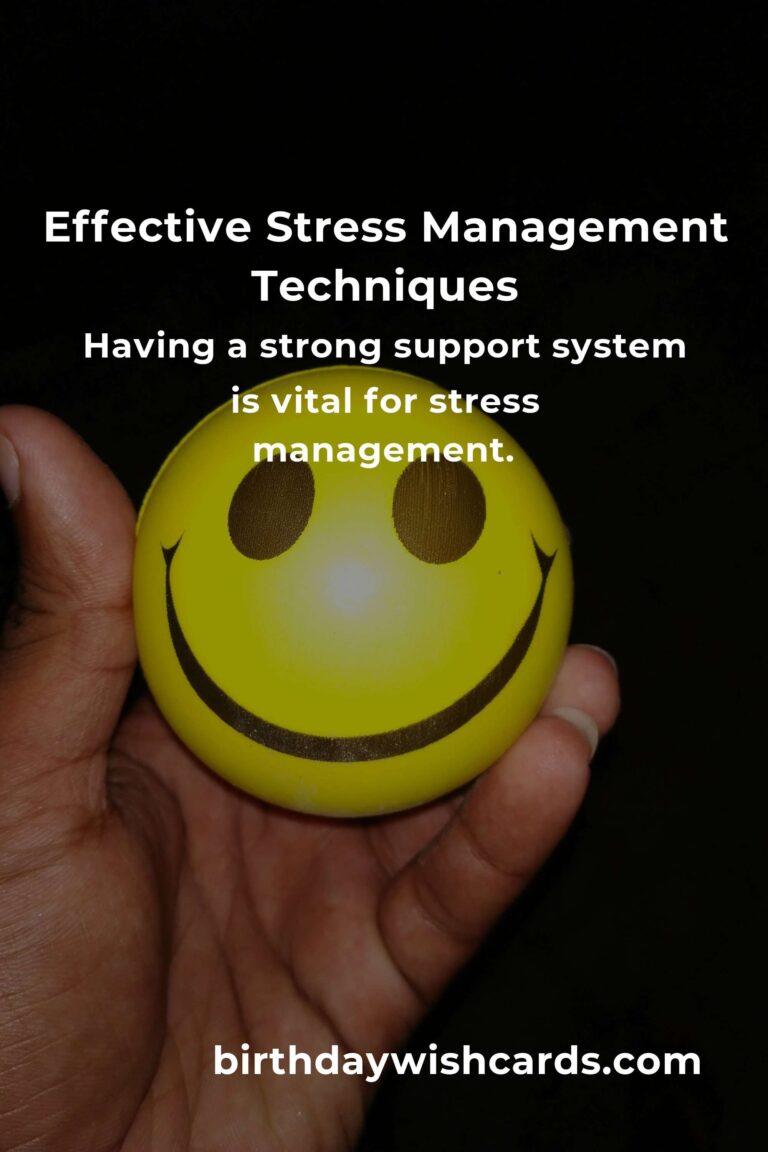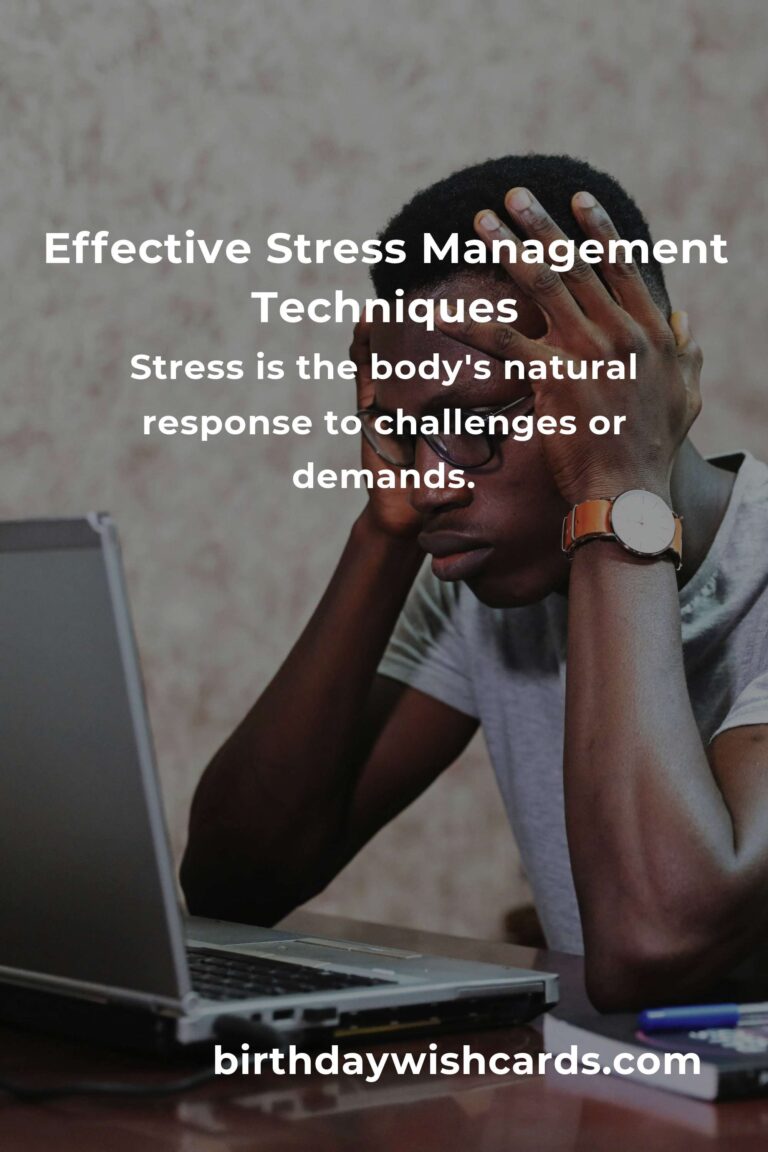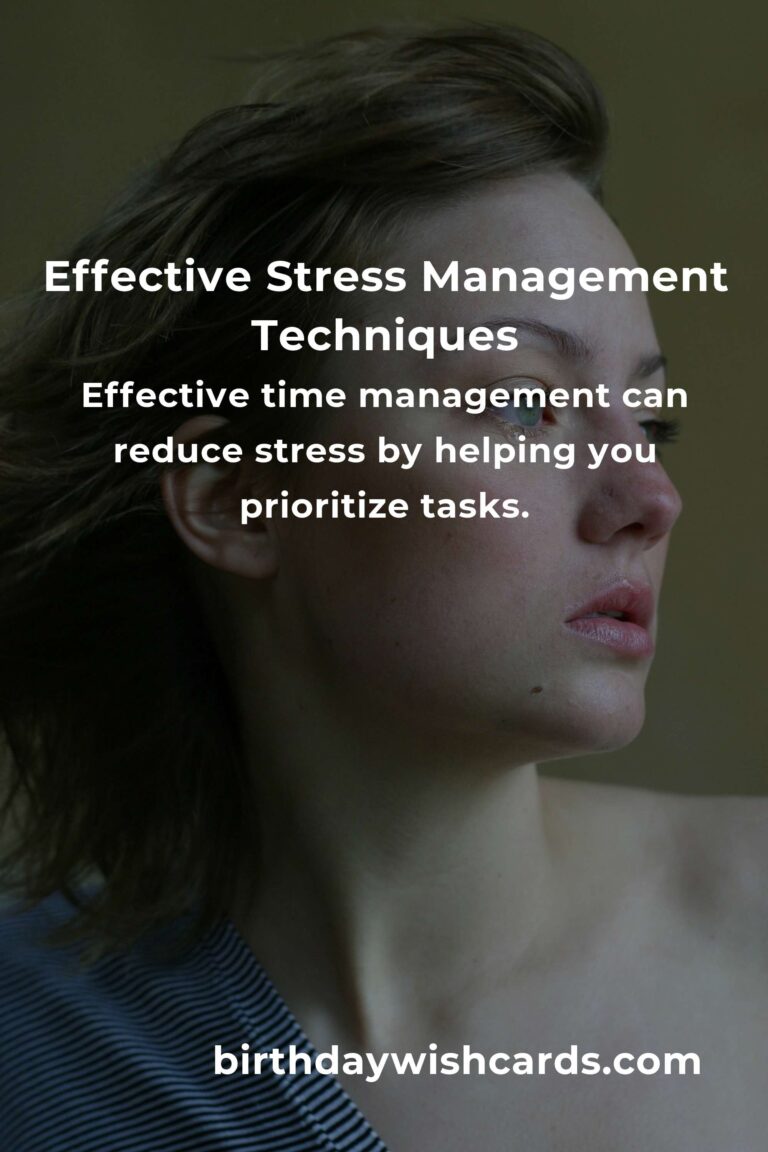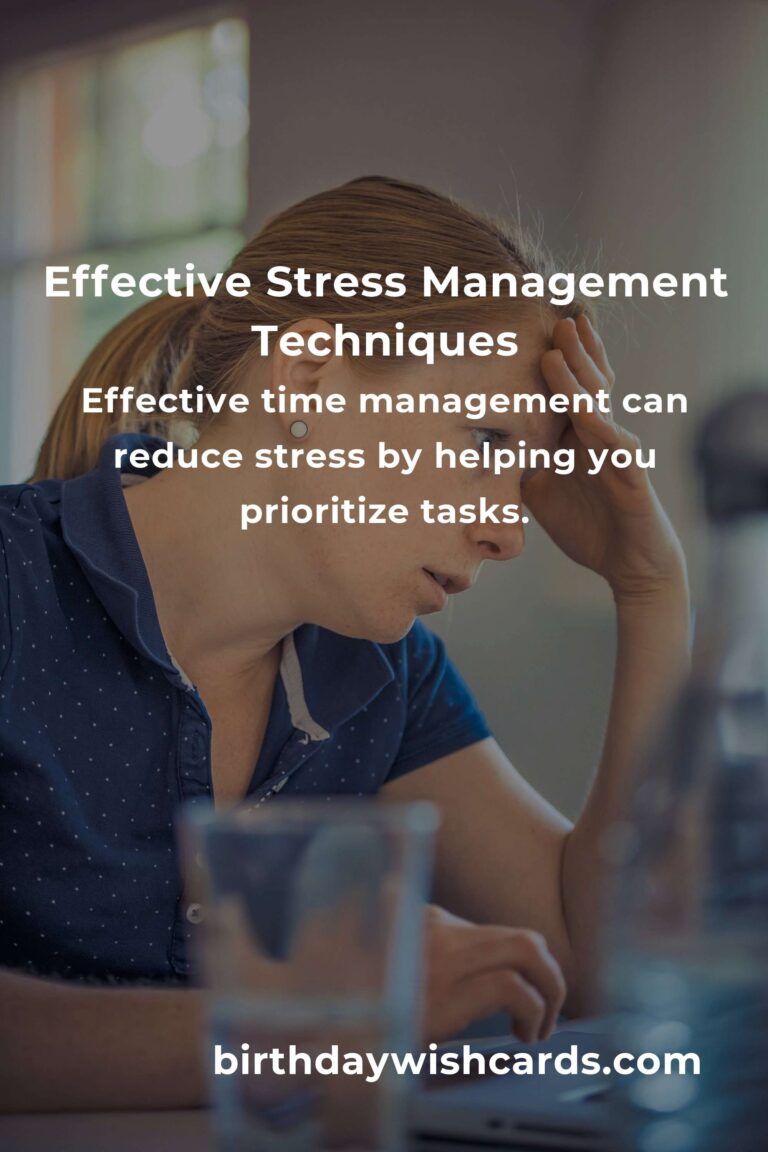
Stress is an inevitable part of life, but how we manage it can make a significant difference in our overall well-being. In today’s fast-paced world, understanding and implementing effective stress management techniques is crucial for maintaining both mental and physical health. This article explores various methods to help you cope with stress more effectively.
Understanding Stress
Before diving into management techniques, it’s important to understand what stress is. Stress is the body’s natural response to challenges or demands. It can be triggered by a variety of factors, including work, relationships, financial worries, or significant life changes. While a small amount of stress can be beneficial, chronic stress can lead to serious health problems.
Identify Your Stressors
The first step in managing stress is identifying your stressors. Keep a journal to track events, situations, or people that trigger your stress response. This awareness is the foundation for developing a plan to manage stress effectively.
Mindfulness and Meditation
Mindfulness and meditation are powerful tools for stress reduction. Practicing mindfulness involves staying present and fully engaging in the current moment. Meditation, on the other hand, involves focused attention and relaxation techniques. Both practices can help calm the mind and reduce stress levels.
Exercise Regularly
Physical activity is a proven stress reliever. Exercise increases the production of endorphins, which are natural mood lifters. Whether it’s a brisk walk, yoga, or a high-intensity workout, regular exercise can significantly reduce stress levels and improve your overall mood.
Healthy Lifestyle Choices
Maintaining a healthy lifestyle is crucial in managing stress. This includes eating a balanced diet, getting enough sleep, and avoiding excessive alcohol and caffeine consumption. These lifestyle choices can help your body better cope with stress.
Time Management Skills
Effective time management can reduce stress by helping you prioritize tasks and manage your time more efficiently. Techniques such as setting goals, breaking tasks into smaller steps, and eliminating unnecessary distractions can enhance productivity and reduce the feeling of being overwhelmed.
Social Support
Having a strong support system is vital for stress management. Surround yourself with supportive friends and family members who can provide emotional support and practical help when needed. Sometimes, just talking about your stressors can provide relief and perspective.
Professional Help
If stress becomes overwhelming, seeking professional help may be necessary. Therapists and counselors can offer strategies and coping mechanisms tailored to your specific situation. Cognitive-behavioral therapy (CBT) and stress management programs are effective interventions.
Conclusion
Stress management is a vital skill that can enhance your quality of life. By understanding stress and implementing strategies such as mindfulness, exercise, and effective time management, you can reduce stress and improve your mental and physical well-being. Remember, it’s okay to seek help when needed, and making small changes can have a big impact on your stress levels.
Stress is the body’s natural response to challenges or demands. Mindfulness and meditation are powerful tools for stress reduction. Physical activity is a proven stress reliever. Maintaining a healthy lifestyle is crucial in managing stress. Effective time management can reduce stress by helping you prioritize tasks. Having a strong support system is vital for stress management. Professional help may be necessary if stress becomes overwhelming.
#StressManagement #Mindfulness #HealthyLiving #MentalHealth





